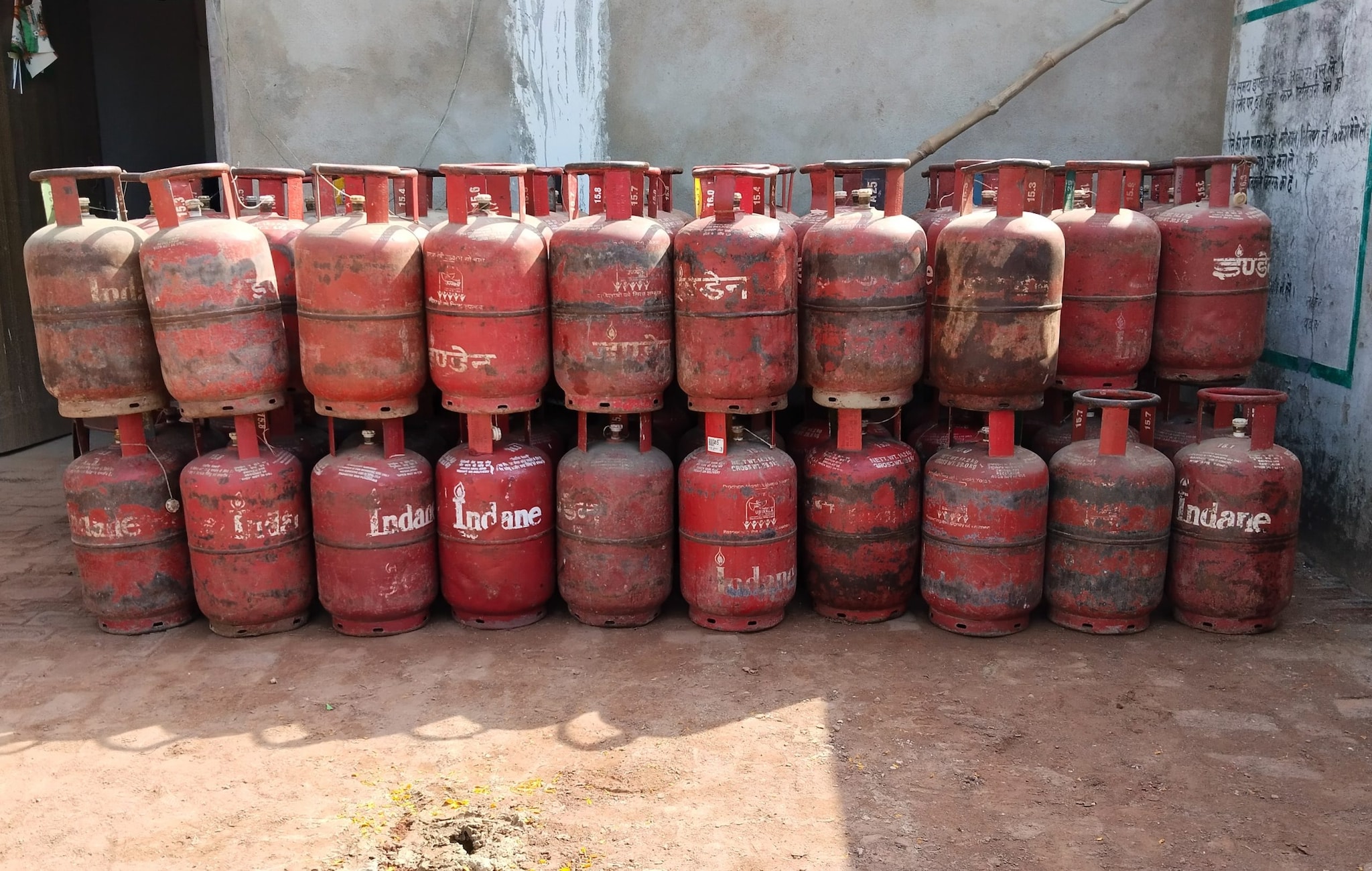Women entrepreneurs and gender advocates have called for greater investment in maternal healthcare and female empowerment through vocational training to combat Nigeria’s high maternal mortality rate and improve women’s socio-economic standing. The entrepreneurs made this call at a sensitisation programme held recently in Alimosho Local Government Area of Lagos State by the Chief Executive Officer of Bukola Neville Ltd, Adebukola Adeogun, in partnership with SLY Impact Foundation. According to a statement, Adeogun led the charge to educate young girls and women on the importance of female health, safe motherhood, and economic independence.
Speaking during a panel discussion at the event, Adeogun, a fashion tech entrepreneur and Lagos State Coordinator for Girls and Women Speak under the United Nations/ International Association of World Peace Advocates/ Primary Care Antibiotic Audit and Feedback Network initiative, said, “Maternal health is not just a women’s issue, it is a community issue. When women are healthy, families thrive, and societies develop. We must educate our women on antenatal care, nutrition, and safe delivery practices.

” The programme, supported by the Nigeria Solidarity Support Fund and the Alimosho/Akowonjo Primary Healthcare Centre, brought together pregnant women, nursing mothers, healthcare professionals, and youth to dialogue on reducing maternal mortality. Adeogun, also a participant in the NSSF WeNaija Changemakers initiative for Female Health Advocacy, emphasised the need for access to reproductive healthcare, stating, “Women have the right to make informed decisions about their bodies and their futures. This includes access to contraception, safe abortion, and quality maternal services.
We must not overlook menstrual health and the need for regular screenings for cervical cancer.” She further highlighted that trauma-informed care, mental health support, and improved access to education and vocational skills help empower women and reduce health disparities. “We cannot talk about safe motherhood without addressing the economic and mental well-being of women.
Empowering women economically gives them the power to make health-related choices and live dignified lives,” Adeogun added. Related News Lege Miami under fire for calling women with phone passwords prostitutes FCMB trains entrepreneurs AI can power sustainable livelihoods, says tech expert Also speaking at the event, entrepreneur and Special Adviser on Civic Engagement, Political and Legislative Matters in Igando-Ikotun Local Council Development Areas, Bukola Soaga-Bada, advised women to prioritise their health over cultural pressures. “The choice to have children must be personal and health-based, not driven by societal expectations.
Culture should not enslave women into risking their lives,” she urged. Soaga-Bada, who also runs the Next Initiative for Gender Action Foundation, urged participants to utilise subsidised government health schemes like Ilera Eko and seek care from registered traditional birth attendants where necessary. “Nigeria’s maternal mortality rate is the highest globally, yet preventable.
With the right information and facilities, we can turn the tide,” she added. Soaga-Bada advocated vocational training and soft skills acquisition for women, stressing that financial independence reduces dependence on spouses and empowers women to make better life choices. Further, a media personality and UN/IAWPA/PAAN ambassador, Jessica Ijeh, spoke on how cultural and traditional practices hinder women’s health decisions, noting that “Many women feel forced to bear children even when their health is at risk, due to the stigma of adoption or childlessness.
” She encouraged women to take their hygiene and general health seriously and to enrol in affordable health insurance schemes like Ilera Eko. Ijeh, a music and media professional, advocates for mental health, women’s rights, and gender equality through her creative work and live awareness campaigns. She added, “Wellbeing is not a luxury, it is your right.
Mental health, self-care, and personal safety must be part of the conversation.”.
Business

Women entrepreneurs seek more investments in maternal health

Women entrepreneurs and gender advocates have called for greater investment in maternal healthcare and female empowerment through vocational training to combat Nigeria’s high maternal mortality rate and improve women’s socio-economic standing. The entrepreneurs made this call at a sensitisation programme held recently in Alimosho Local Government Area of Lagos State by the Chief Executive Officer Read More














